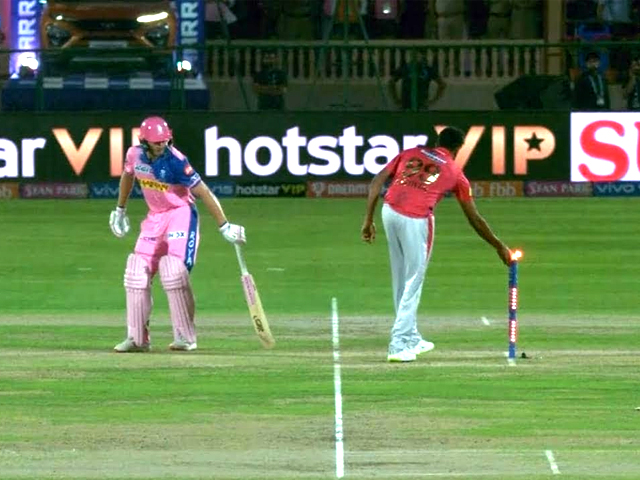
Is China only supporting Pakistan to get back at India?
As India and Pakistan continue to grow apart, the country that’s taken the most advantage of the situation is China.
India and Pakistan have had a tumultuous mutual history. Violent separation followed by continued disputes and clashes have created a climate of suspicion and conflict. This is a tragedy of epic proportions given the shared history and heritage of the inhabitants of this land, stretching over thousands of years.
While the circumstances of their separation were unfortunate and sowed the seeds of this distrust, a lot has happened over the years to keep those embers burning.
There is considerable anger in India over Pakistan’s support for separatism and terrorism in India. Indians also feel that Pakistan has not done enough to curb or punish anti-India activities. The sight of Hafiz Saeed addressing mega rallies causes major consternation across the border. On the other hand, Pakistan feels strongly against India for creating agitation in Balochistan and also sparking hate between East and West Pakistan in 1971. If India and Pakistan were to put aside their differences, be good neighbours to each other, and truly work towards progress, the tremendous potential that exists in this region could be harnessed, thereby creating prosperity for a billion and a half people.
Unfortunately, religious fundamentalism, misplaced jingoism and vested interests, that have been exerting their influence, prevent any meaningful improvement in the ground situation.
As India and Pakistan have continued to grow apart, the one country that has taken the most advantage of the situation is China. China seeks to become a world power and among its Asian peers, India is the only country with the size and heft to potentially challenge Chinese hegemony. What better way to keep India in check than by supporting its bitter regional rival? China’s love for Pakistan therefore does not stem from shared ideology or cultural affinity, but is merely opportunism and hard-nosed self-interest.
There is much resentment in India against China for arming and funding Pakistan. It is also widely believed that China’s contribution to Pakistan’s nuclear and missile programs, in addition to supplying conventional military hardware, has strengthened Pakistan’s military to the disadvantage of India. China’s obstructive stance in matters like India’s membership to the NSG or getting the UN to declare Hafiz Saeed as a terrorist has also been upsetting for India.
This resentment has manifested itself in the growing calls to boycott Chinese goods in India, and one example of this growing voice is this video that surmises that part of the money China earns from its exports will find its way to military aid for Pakistan and will end up endangering Indian lives.
The Pakistan-China alliance is growing stronger by the day and as China continues its rise, its ability to bolster Pakistan will keep increasing. However, this relationship is becoming increasingly unequal. The financial terms of many projects under the China-Pakistan Economic Corridor are extremely unfavourable to Pakistan, and the country runs the risk of being reduced to a Chinese colony in the medium term. While such a turn of events will surely provide Pakistan protection from India, it will end up losing its own identity.
It’s ironic that Pakistan, a country that sees itself as a leading Islamic nation, has aligned itself so closely with the one country that unapologetically represses the religious freedom of its Muslim minority. It’s well known that Beijing cracks down on Uighurs quite brutally and also suppresses Ramazan fasting and burqas.
Pakistan’s hatred and fear of India, a country with the second largest Muslim population in the world, causes it to overlook the persecution of Muslims at the hands of its benefactor. This is indeed food for thought for all of South Asia. What kind of future do we want for ourselves? One where we are divided and dominated by outsiders? Or one where we join hands and claim our rightful place in the world?




COMMENTS (24)
Comments are moderated and generally will be posted if they are on-topic and not abusive.
For more information, please see our Comments FAQ